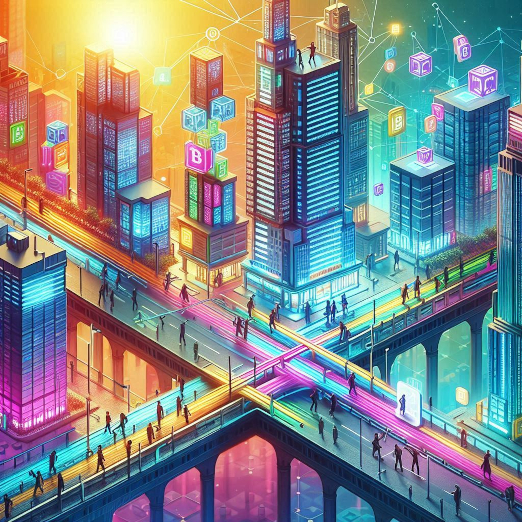
Colorful Blockchain
What Are Blockchains?
A blockchain is a public ledger that records all transactions on a particular network. Think of it as a digital logbook that’s shared across a peer-to-peer network of computers. This public ledger tracks and verifies every transaction made on the chain. If you were around during the Napster and LimeWire days, you might remember how music was shared in a peer-to-peer fashion. As long as one person’s computer was online and “seeding” a song, anyone could download it. The music industry had trouble stopping this because the files were spread across countless private computers. Even if one source was taken offline, there were always more sharing the same file. Blockchains work in a similar way. They rely on a network of independent computers (called nodes) working together to keep the blockchain’s data available and secure. Unlike Napster, though, blockchain participants get paid for their work.
How Blockchains Stay Online
The people operating these independent computers are often referred to as miners or validators, depending on the blockchain. They’re compensated for using their computing power to keep the blockchain running. As long as one single computer with a copy of the blockchain stays online, the entire blockchain stays online. Miners and validators are paid well for their work and there are a lot of them, so you won’t have to worry about the blockchain data disappearing. There’s always someone paid well enough to keep the system running. Since blockchains are decentralized, no boss is handing out raises or cutting salaries. Payments are governed by the blockchain’s code, not by a central authority.
Centralization vs. Decentralization
To understand why decentralization is revolutionary, compare it to something centralized, like your bank. Banks and even centralized exchanges (CEXs) for cryptocurrency can freeze your account or lock you out of your funds at any time. A decentralized blockchain, on the other hand, doesn’t have a single point of control. Instead, it relies on its network of independent computers to verify and record transactions.
Why Blockchains Are So Secure
One of the most impressive things about blockchains is their security. Before any transaction is finalized, it must be verified by multiple computers across the network. Let’s say someone tries to cheat the system by creating a fake transaction. The blockchain will compare the fraudulent entry to its records across other computers. If the majority of records don’t match, the fake transaction is rejected. This is why blockchains are so difficult to hack or defraud. It also explains why transactions can take longer during times of heavy network traffic. Every step must be verified by the network.
Blockchains Are Like Neighborhoods
Think of a blockchain as a neighborhood, and cryptocurrencies are like the residents.
For example:
- Ethereum (ETH) lives in the Ethereum neighborhood.
- Shiba Inu (SHIB), a popular meme coin, also lives in the Ethereum neighborhood because it was built on the Ethereum blockchain.
Each blockchain has its own “rules” and infrastructure. If you’re working with decentralized platforms, it’s important to know which blockchain your desired cryptocurrency “lives” in.
Why Knowing the Blockchain Matters
When you find a cryptocurrency you want to trade, knowing its blockchain is extremely important. Without this information, you’ll run into a few problems:
- Wallet Compatibility: Not all wallets work with all blockchains. You need a wallet that’s compatible with the blockchain your coin is on.
- Gas Fees: Each blockchain has its own native token for gas fees. For example, if you’re buying Shiba Inu, you’ll need ETH to cover the transaction fees on the Ethereum blockchain.
- DEX Availability: Decentralized exchanges (DEXs) are often specific to certain blockchains. You’ll need to know which DEX supports your coin.
Example: Ethereum vs. Solana
Ethereum and Solana are two completely separate blockchains. Each has its own native token, ETH for Ethereum and SOL for Solana.
If you want to buy a cryptocurrency built on Solana, you’ll need a Solana-compatible wallet and enough SOL for gas fees. Similarly, Ethereum-based coins require ETH. You can’t trade Ethereum-based coins on the Solana blockchain (unless they’ve been wrapped, but that’s another topic).
Finding Blockchain Information
To figure out which blockchain a coin is on, check out websites like CoinGecko or CoinMarketCap. These platforms list detailed information about cryptocurrencies, including the blockchains they’re built on.
Some coins are even available on multiple blockchains. For example, Shiba Inu (SHIB) can be found on the Ethereum blockchain, the BNB Chain, and Shibarium (its own custom blockchain). This flexibility allows users to trade on the platform that best suits their needs. Make sure that each coin has sufficient liquidity on your chain of choice. Don’t accidentally buy a coin on a ghost chain that won’t have enough liquidity for you to sell when it’s time. You can see this information on CoinGecko and CoinMarketCap as well.
Hopefully, blockchains feel a little less intimidating now. Remember: they’re like neighborhoods, and each cryptocurrency has its own home.
When you’re ready to use decentralized platforms, just take it one step at a time. Figure out where your desired cryptocurrency “lives,” set up a compatible wallet, and check that you have the right native token for gas fees.
S Taylor is a crypto trader with five years of experience, having navigated a wide range of market dynamics and witnessed numerous scams firsthand. As a former victim of scams, S Taylor turned their focus to blockchain forensics and Solidity Smart Contract development, gaining deep technical expertise in the field. With a unique insider’s perspective, they’ve been involved in various crypto projects, where they’ve seen how developers can exploit vulnerable investors.
S Taylor is also the published author of Meme Coins Made Easy, a comprehensive guide that teaches beginners about cryptocurrency and how to identify and avoid common scams. S Taylor is dedicated to sharing valuable insights and helping the crypto community stay informed and safe.
Disclaimer: This article is for informational purposes only and should not be considered legal, tax, investment, or financial advice.
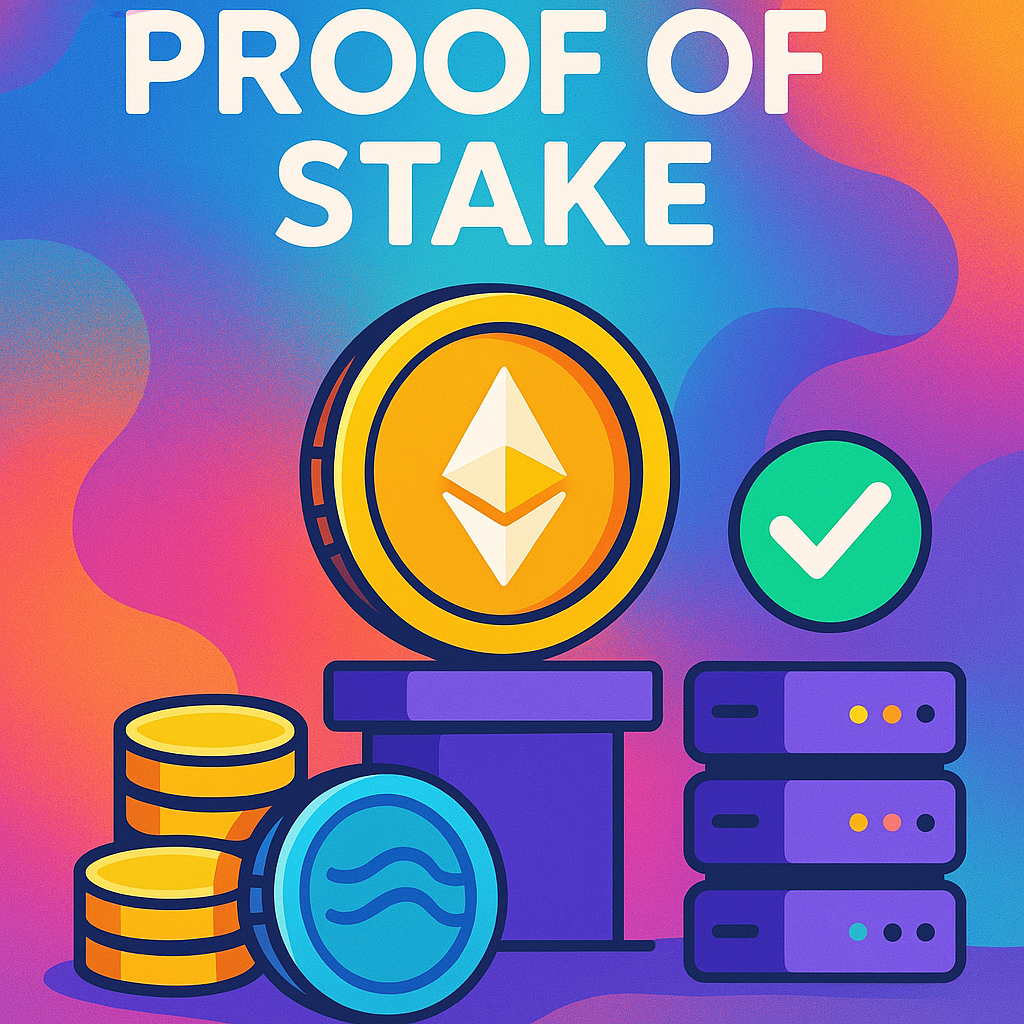
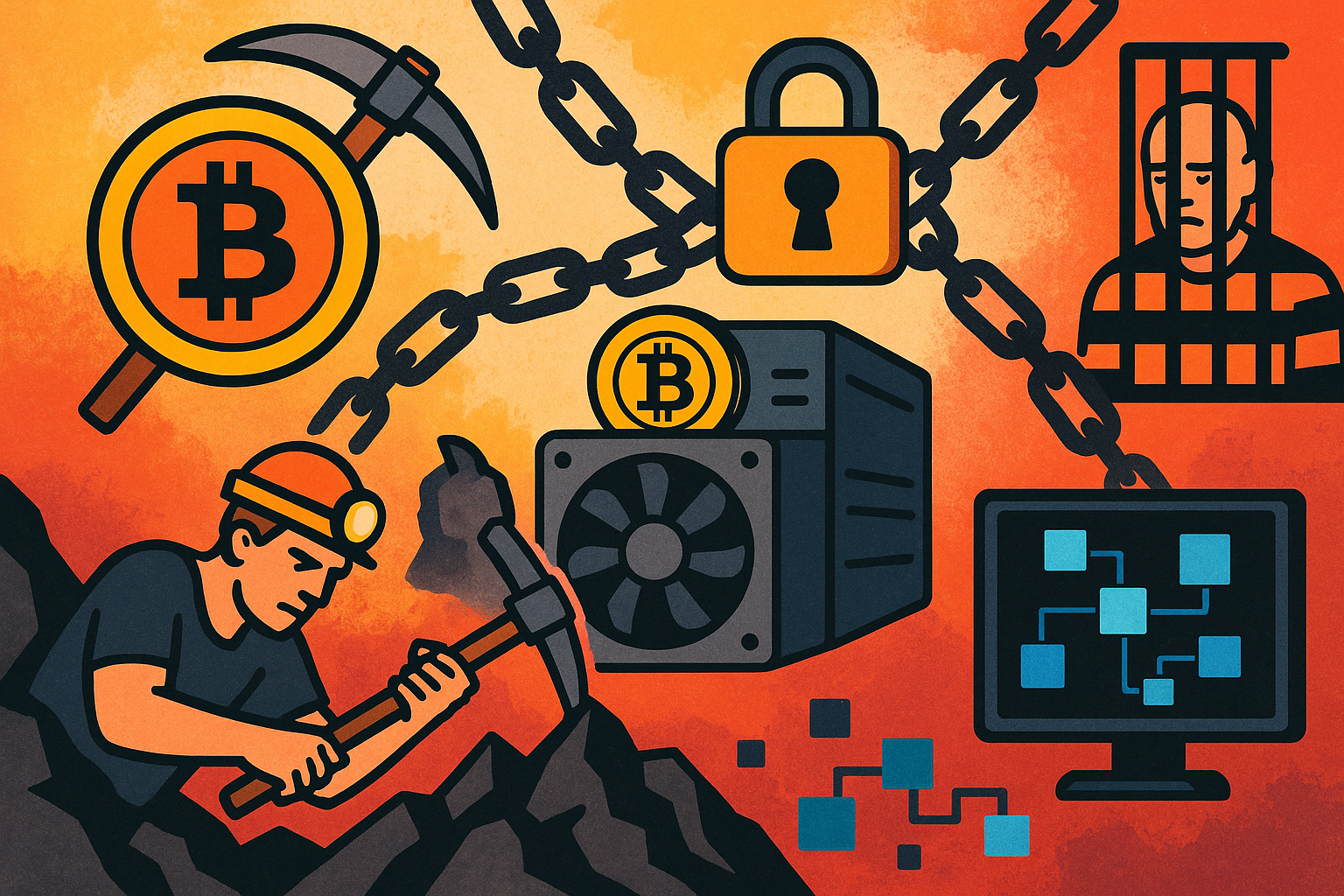
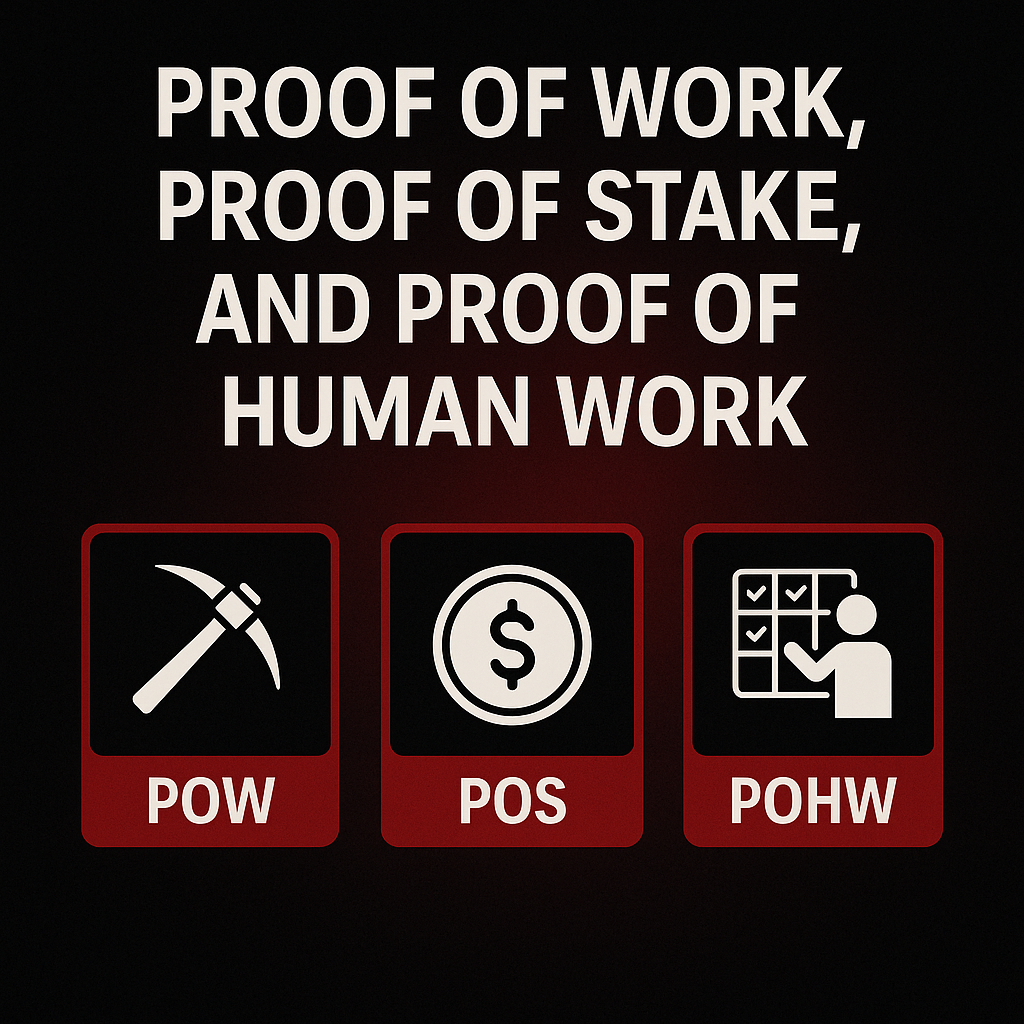
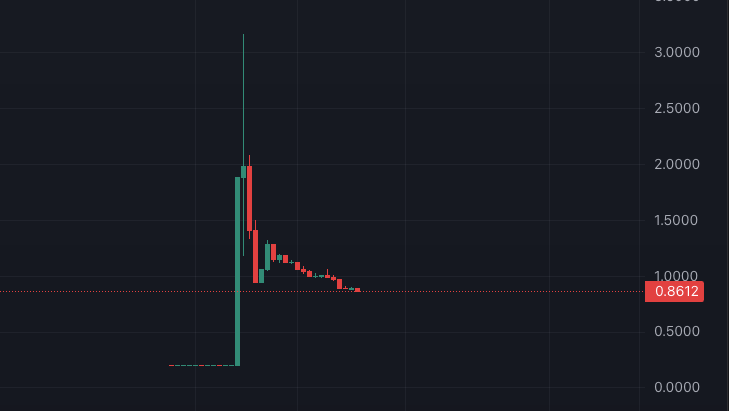



4 thoughts on “Blockchains”
Comments are closed.